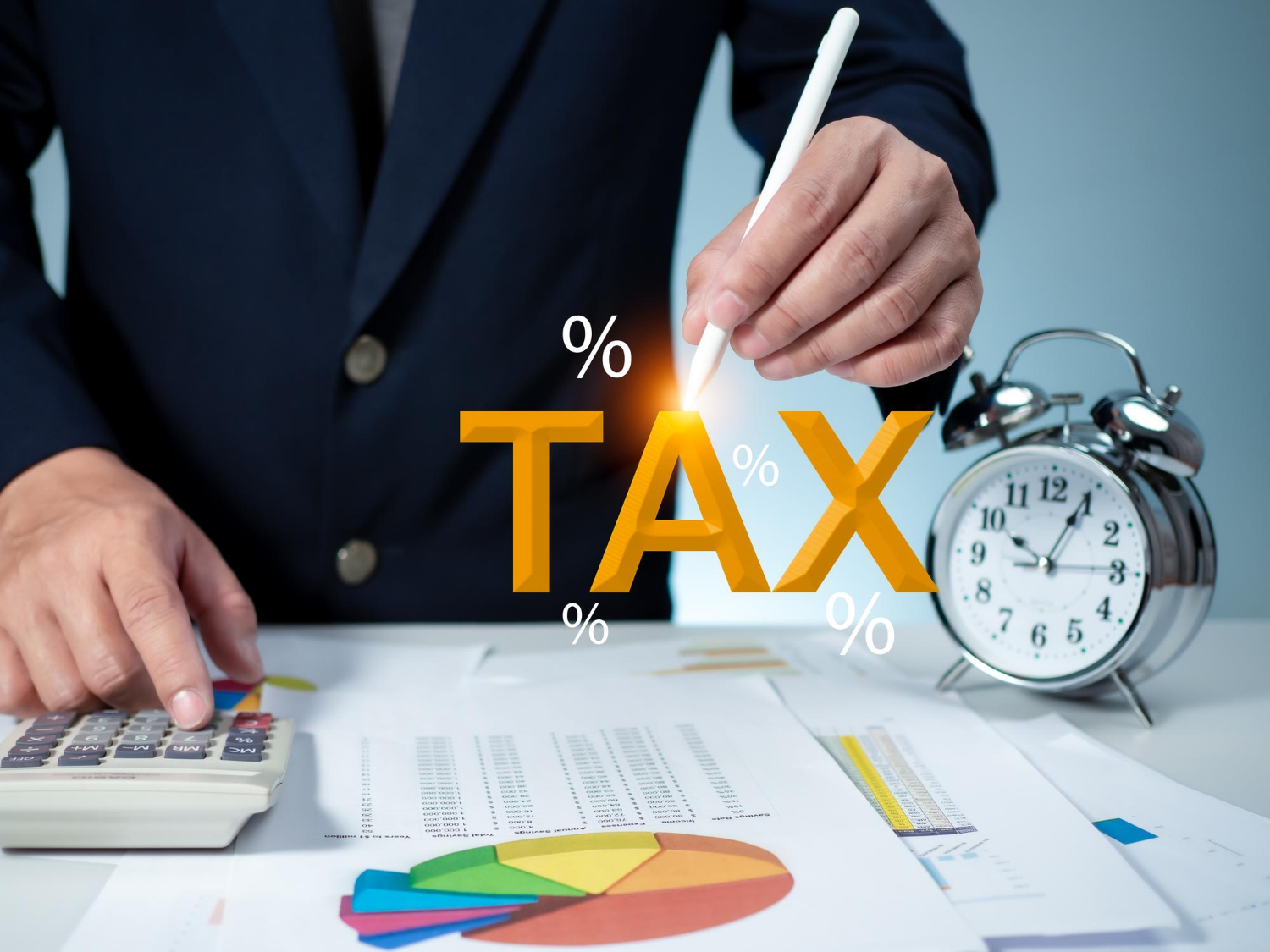Choosing the right tax accountant is a crucial decision that can have a significant impact on your financial well-being. Whether you are an individual or a business owner, having a knowledgeable and reliable tax accountant by your side can help you navigate the complex world of taxes and ensure that you are maximizing your deductions and minimizing your liabilities. With so many accountants out there, how do you find the right one for your needs? In this article, we will explore 10 essential tips to help you choose the right tax accountant.
1. Experience
When it comes to tax matters, experience matters. Look for a tax accountant who has a solid track record of working with clients in your industry or with similar tax situations. An experienced tax accountant will have a deep understanding of the tax laws and regulations that apply to your specific circumstances, allowing them to provide you with accurate and reliable advice.
Furthermore, an experienced tax accountant will have encountered a wide range of tax issues and challenges throughout their career, giving them the expertise to handle complex tax situations and find creative solutions to minimize your tax burden.
Qualifications
In addition to experience, it is important to consider the qualifications of a tax accountant. Look for a tax accountant who is a Certified Public Accountant (CPA) or an Enrolled Agent (EA). These professionals have undergone rigorous training and testing to obtain their certifications, demonstrating their knowledge and expertise in tax matters.
Furthermore, CPAs and EAs are required to adhere to a strict code of ethics and are subject to ongoing professional education requirements, ensuring that they stay up-to-date with the latest changes in tax laws and regulations.
Reputation
When choosing a tax accountant, it is important to consider their reputation in the industry. Look for reviews and testimonials from past clients to get a sense of their level of professionalism and the quality of their services. You can also ask for recommendations from friends, family, or colleagues who have had positive experiences with a tax accountant.
Additionally, consider checking with professional organizations such as the American Institute of Certified Public Accountants (AICPA) or the National Association of Enrolled Agents (NAEA) to see if the tax accountant is a member. Membership in these organizations can be a good indicator of a tax accountant’s commitment to professionalism and ethical conduct.
2. Communication
Effective communication is key when working with a tax accountant. Look for a tax accountant who is responsive and accessible, and who takes the time to listen to your concerns and answer your questions. A good tax accountant should be able to explain complex tax concepts in a way that is easy to understand, helping you make informed decisions about your tax strategy.
Furthermore, consider the communication methods that the tax accountant uses. Do they prefer in-person meetings, phone calls, or email? Choose a tax accountant who is comfortable with your preferred method of communication to ensure a smooth and efficient working relationship.
Fees
Before hiring a tax accountant, it is important to understand their fee structure. Some tax accountants charge an hourly rate, while others may offer fixed fees for specific services. Make sure to ask for a detailed breakdown of their fees and any additional charges that may apply.
Keep in mind that while price is an important factor, it should not be the sole determining factor. A tax accountant who charges higher fees may have more experience and expertise, which can ultimately save you money in the long run by maximizing your deductions and minimizing your tax liabilities.
Specialization
Consider whether the tax accountant has any specialized knowledge or expertise that is relevant to your specific tax needs. For example, if you are a small business owner, look for a tax accountant who has experience working with small businesses and understands the unique tax challenges they face.
Similarly, if you have complex investment portfolios or international tax obligations, look for a tax accountant who has experience in these areas. Specialized knowledge can make a significant difference in the quality of the advice and services you receive.
3. Availability
When it comes to tax matters, timeliness is crucial. Look for a tax accountant who is available and responsive, especially during the busy tax season. A tax accountant who is overwhelmed with clients may not be able to give your tax matters the attention they deserve, potentially leading to errors or missed opportunities.

Consider asking the tax accountant about their workload and how they prioritize their clients. Make sure that they have the capacity to handle your tax needs effectively and in a timely manner.
References
Before making a final decision, ask the tax accountant for references from past clients. Speaking with these references can give you valuable insights into the tax accountant’s professionalism, expertise, and level of client satisfaction.
When speaking with references, consider asking about the quality of the tax accountant’s work, their responsiveness to client inquiries, and their ability to meet deadlines. These firsthand accounts can help you make an informed decision about whether the tax accountant is the right fit for your needs.
Compatibility
Choosing a tax accountant is not just about their qualifications and experience; it is also about finding someone who you feel comfortable working with. Look for a tax accountant who you can trust and who understands your goals and values.
Consider scheduling an initial consultation with the tax accountant to get a sense of their personality and communication style. Do they listen to your concerns? Do they ask thoughtful questions? Do they make you feel at ease? These factors can play a significant role in the success of your working relationship.
Trustworthiness
Finally, trustworthiness is a crucial factor to consider when choosing a tax accountant. You will be sharing sensitive financial information with your tax accountant, so it is important to choose someone who you can trust to handle your information with the utmost confidentiality and professionalism.
Consider asking the tax accountant about their data security measures and how they protect client information. Additionally, ask about their professional liability insurance coverage, which can provide an extra layer of protection in the event of errors or omissions.
In conclusion, choosing the right tax accountant is a decision that should not be taken lightly. By considering factors such as experience, qualifications, reputation, communication, fees, specialization, availability, references, compatibility, and trustworthiness, you can find a tax accountant who is the perfect fit for your needs. Remember, a good tax accountant can make a significant difference in your financial well-being, so take the time to choose wisely.


